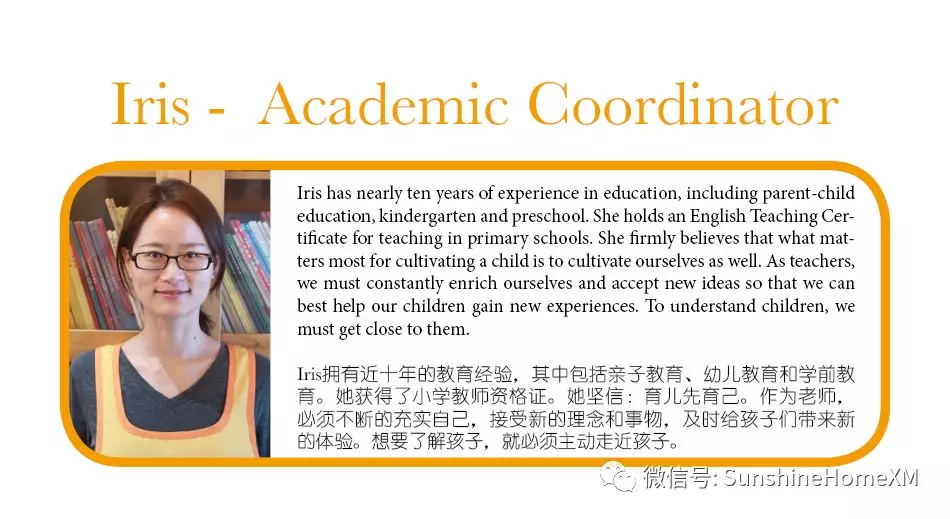
Recently, my two-year-old daughter became very good at talking.
She would rub my head and comfort me softly, “Mommy, do you miss Daddy? He will be back from work soon. Let’s wait for him together.”
After receiving a vaccination she would say to her grandpa, “I cried today because I was a little nervous.”
When climbing up the stairs, she would cheer herself on, “Come on, I can do it!”
As her parents, we think that she has many different personalities, loving, naughty, clever, and dominating, all of which are what I want her to be in her childhood.
I hope she is considerate and kind, so whenever I talk with her, I try my best to avoid negative words such as angry or upset. Instead, I choose to use more compassionate words, such as sad and uncomfortable.
Words such as angry or upset come off as tough, and suggest a more forceful tone. While words like sad or uncomfortable are less upsetting, and imply more understanding. These are seemingly simple words but they portray quite different emotions and feelings to those hearing them.
I hope she will grow to be a person with fine characteristics and virtues, such as confidence, kindness, bravery, and strength, etc.
But we all know that it is impossible to make gains without any efforts. I have these expectations for her but I must also help her in achieving them.
I guess this sentence “You reap what you sow” is the perfect expression to explain my feelings.










 International Sunshine Home Arts & Sciences
International Sunshine Home Arts & Sciences